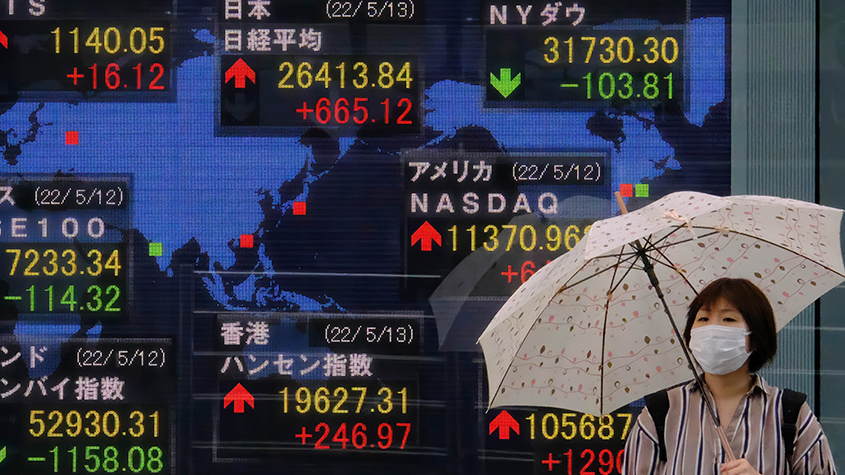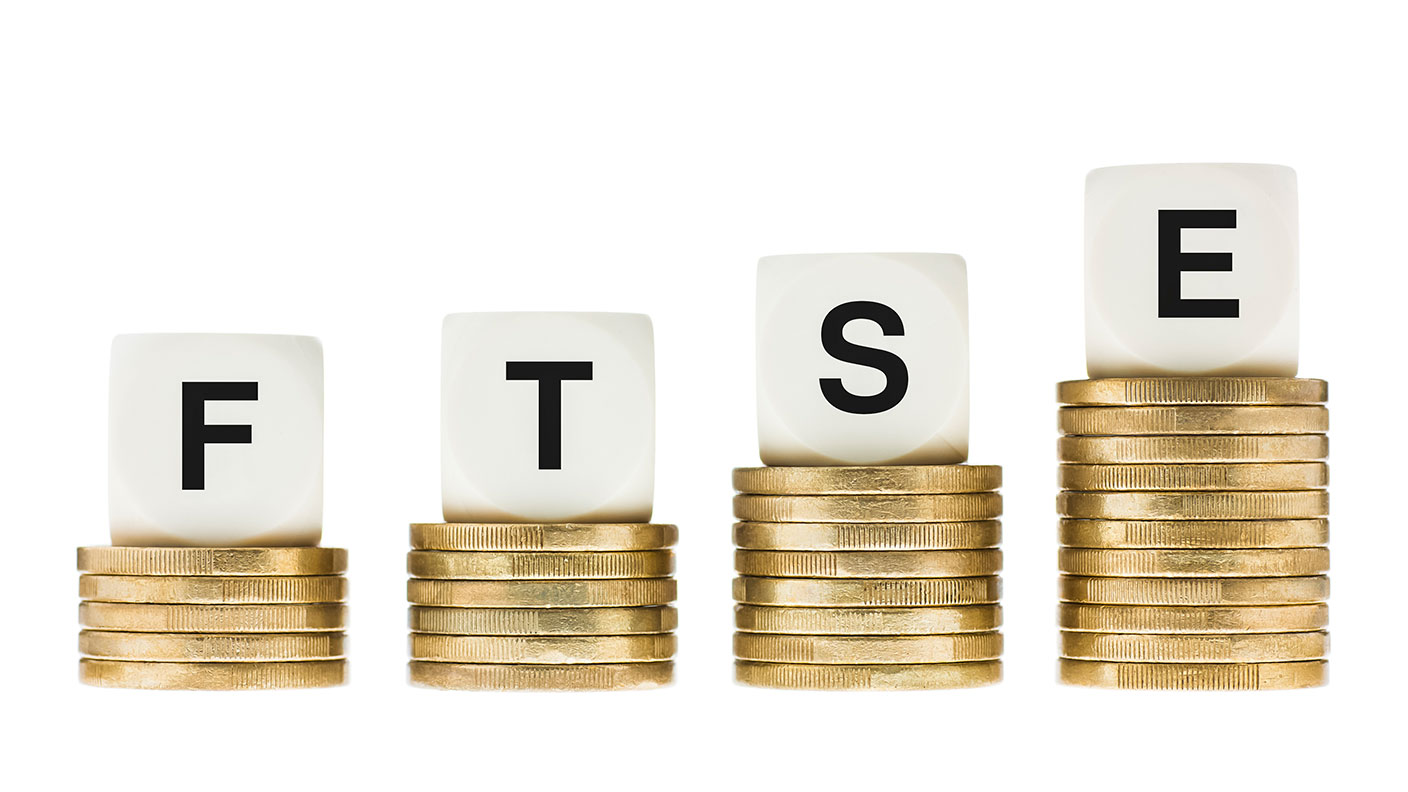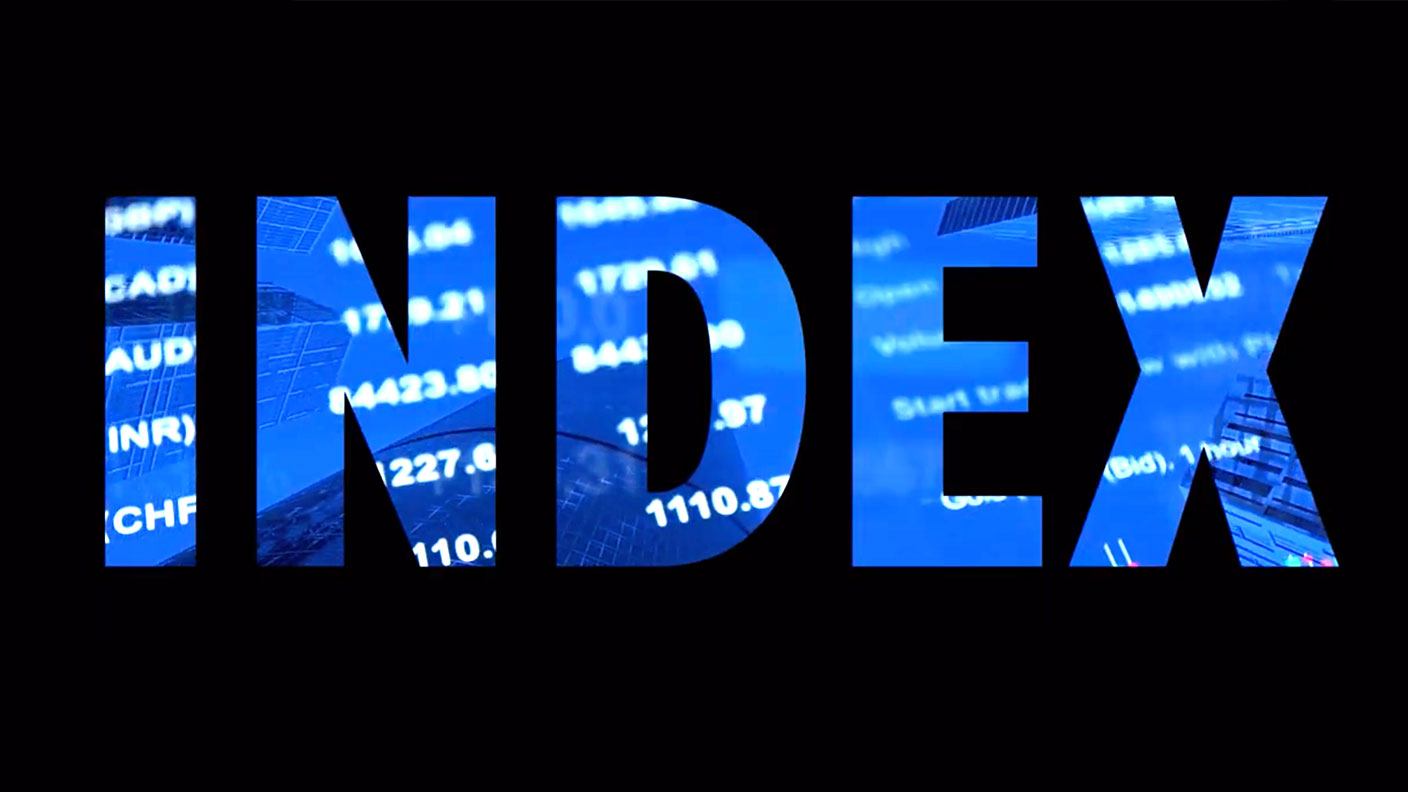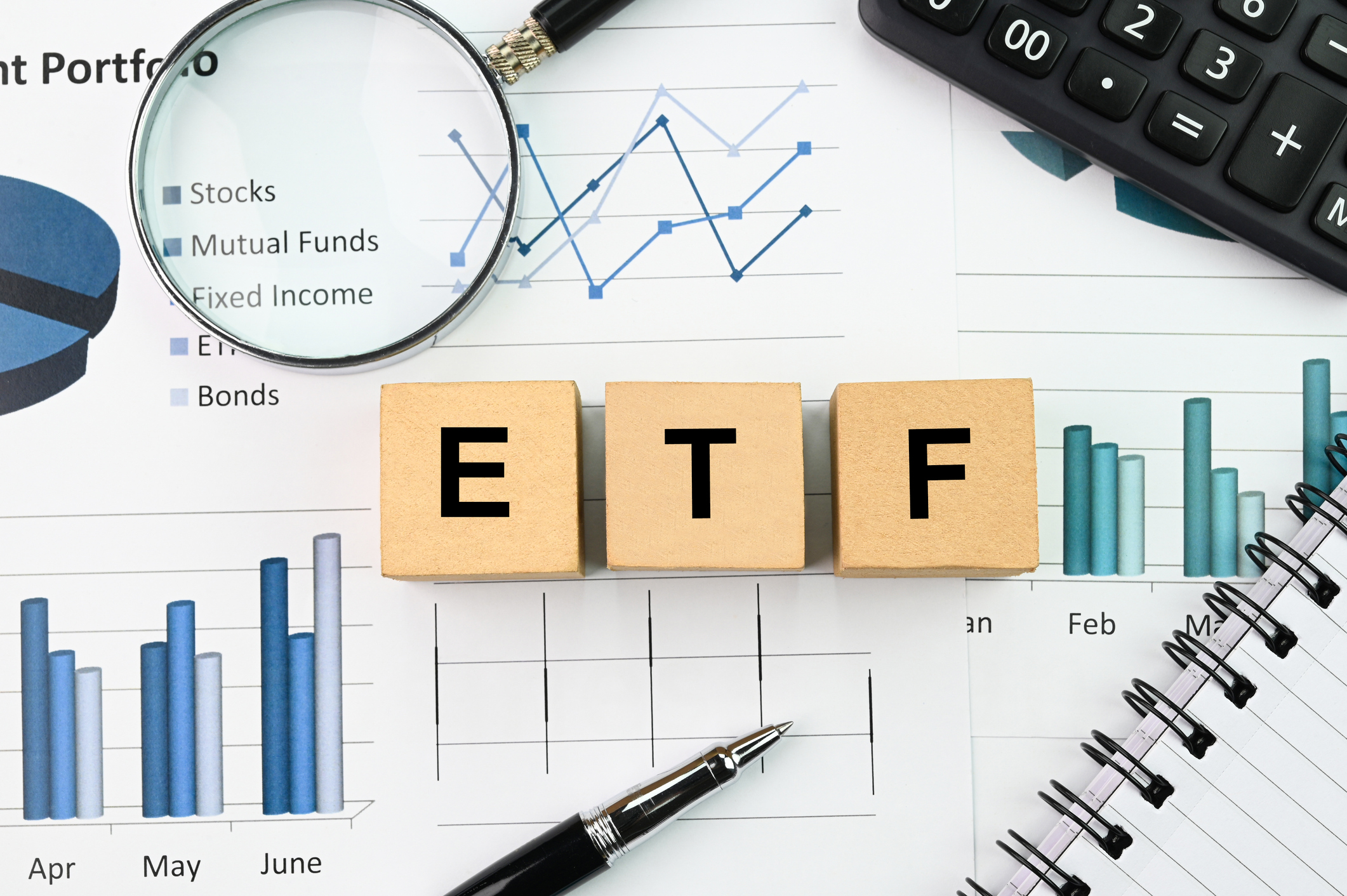Get the latest financial news, insights and expert analysis from our award-winning MoneyWeek team, to help you understand what really matters when it comes to your finances.
You are now subscribed
Your newsletter sign-up was successful
Want to add more newsletters?

Twice daily
MoneyWeek
Get the latest financial news, insights and expert analysis from our award-winning MoneyWeek team, to help you understand what really matters when it comes to your finances.

Four times a week
Look After My Bills
Sign up to our free money-saving newsletter, filled with the latest news and expert advice to help you find the best tips and deals for managing your bills. Start saving today!
The Q ratio, or Tobin's Q, can be a reliable measure of stockmarket value. Introduced as a concept by Nobel Laureate Professor James Tobin in 1969, it compares the total market value of the companies whose shares make up an index with their net worth as measured by their replacement cost (what it would cost to recreate their businesses).
Historically, the Q ratio has always reverted to a long-term average of about 0.64 - usually via increases or decreases in stock prices, as these move far more rapidly than net worth. So comparing the current value with this figure allows investors to gauge the current degree of over- or under-valuation of a market.
Q can be calculated for many markets such as the S&P 500 or the FTSE, but data constraints render it much less useful for other markets or individual shares. Critics of the Q ratio claim that its emphasis on tangible assets - such as plants and inventory - unfairly neglects important intangibles, including brands and intellectual property.
MoneyWeek
Subscribe to MoneyWeek today and get your first six magazine issues absolutely FREE

Sign up to Money Morning
Don't miss the latest investment and personal finances news, market analysis, plus money-saving tips with our free twice-daily newsletter
Don't miss the latest investment and personal finances news, market analysis, plus money-saving tips with our free twice-daily newsletter
Watch Tim Bennett's video tutorial: What is Tobin's Q ratio?
Get the latest financial news, insights and expert analysis from our award-winning MoneyWeek team, to help you understand what really matters when it comes to your finances.
MoneyWeek is written by a team of experienced and award-winning journalists, plus expert columnists. As well as daily digital news and features, MoneyWeek also publishes a weekly magazine, covering investing and personal finance. From share tips, pensions, gold to practical investment tips - we provide a round-up to help you make money and keep it.
-
 Average UK house price reaches £300,000 for first time, Halifax says
Average UK house price reaches £300,000 for first time, Halifax saysWhile the average house price has topped £300k, regional disparities still remain, Halifax finds.
-
 Barings Emerging Europe trust bounces back from Russia woes
Barings Emerging Europe trust bounces back from Russia woesBarings Emerging Europe trust has added the Middle East and Africa to its mandate, delivering a strong recovery, says Max King
-
 Low-cost index funds for simple investing
Low-cost index funds for simple investingTips Index funds are an easy, low-cost way for investors to invest in a sector or asset class. Here’s a selection of the cheapest passive tracker funds on the market right now
-
 Britain’s resilient blue chips – a refuge in the inflationary storm
Britain’s resilient blue chips – a refuge in the inflationary stormNews The UK's blue-chip FTSE 100 index has been the best-performing major stockmarket index so far this year.
-
 Why you need to invest at least some of your money outside the UK
Why you need to invest at least some of your money outside the UKAdvice Most investors tend to have a bias to their home market. But that’s a mistake, says Rupert Hargreaves. Investing in international stocks can help diversify your portfolio and protect your wealth from unnecessary risks.
-
 The FTSE 100 is doing moderately well – can this continue?
The FTSE 100 is doing moderately well – can this continue?Analysis The FTSE 100 performed well and better than expected in the first quarter of 2022. John Stepek looks at what has changed.
-
Index provider
Glossary Stockmarket indices such as the FTSE 100 play a huge role in investment. But where do they come from and who maintains them?
-
 The spectre of stagflation shakes stockmarkets
The spectre of stagflation shakes stockmarketsNews Stockmarkets are getting increasingly jumpy about stagflation, the combination of economic stagnation and high inflation, with America’s S&P 500 down by 4.8% in September and the FTSE 100 by 1%.
-
 Too embarrassed to ask: what is an index?
Too embarrassed to ask: what is an index?Videos The FTSE 100 is probably the best-known stockmarket index in the UK. But what exactly is an index?
-
 What is an ETF? Everything you need to know about exchange-traded funds
What is an ETF? Everything you need to know about exchange-traded fundsMany investors use ETFs, or exchange-traded funds, as part of a passive investment strategy. But what exactly is an ETF?

